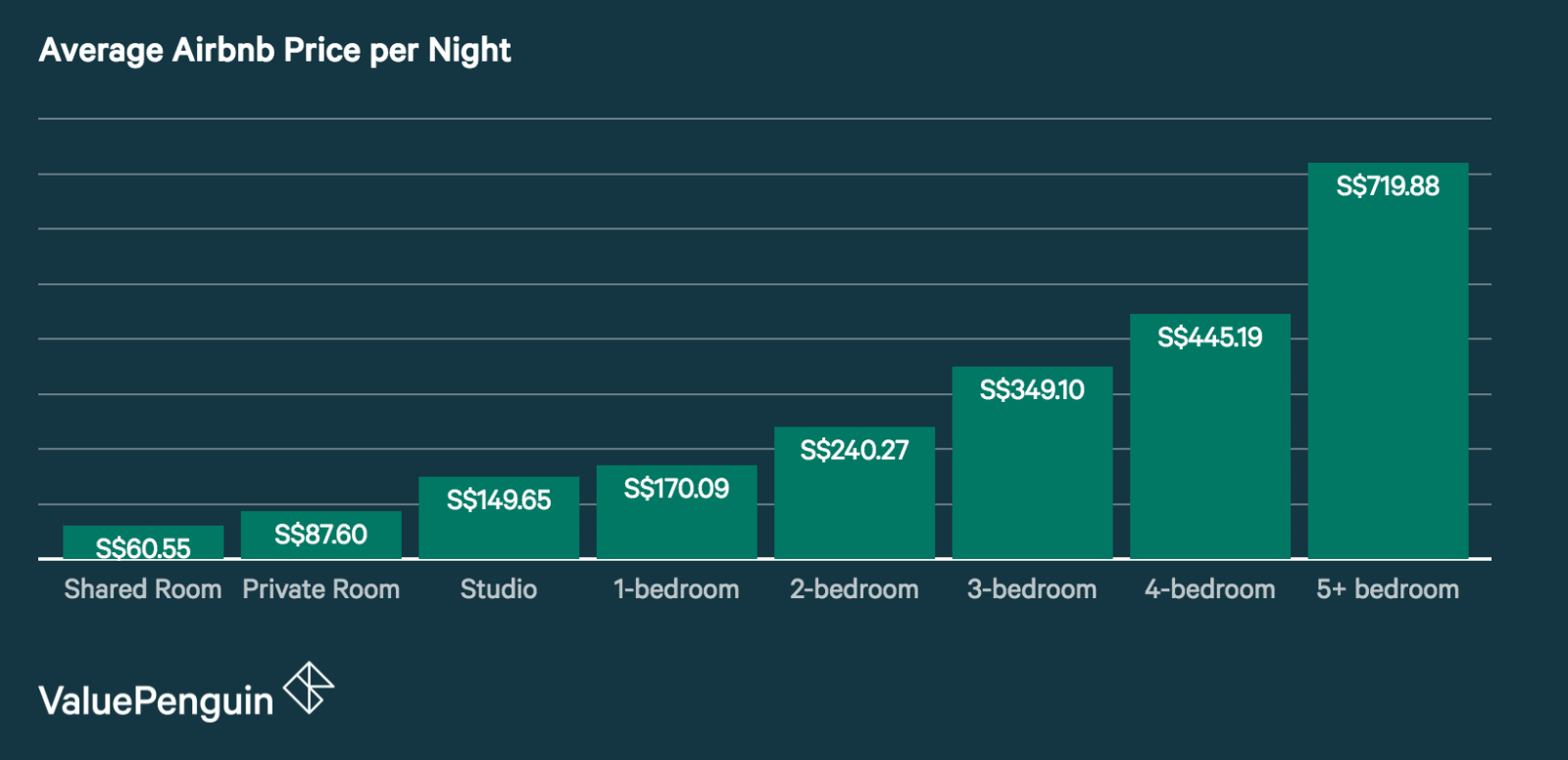House‑Bonanza: Singapore’s 90‑Day Airbnb‑Like Twist
What’s the Buzz About?
The Urban Redevelopment Authority (URA) has floated a slice of legislation that could really change the game for any homeowner with a spare room or an entire house. If they get the green light, you’ll be able to rent out your pad for up to ninety days a year without the fear of airlines’ black‑listing (or sing‑al regulations). Think of it as a side‑gig, minus the “illegal” label that currently sits on Airbnb rentals here.
What Could You Earn?
Picture this: a quirky Singaporean hot‑spot showing up in 2017 stats—nearly 7,000 unsanctioned Airbnb listings and an average nightly price sitting at about S$228. Crunching the numbers naively looks like this:
- Average nightly rate: S$228
- Maximum days rental per year: 90 days
- Potential yearly income: 228 × 90 ≈ S$20,520
That’s a tidy chunk of cash, especially when you consider the easier side of turning an extra room into a guest bed. And if you own a spacious mansion, you’ll likely fetch an even higher per‑night rate—more “tits” for your money.
Why It’s a Win‑Win
Ready to Jump In?
Supposing the URA passes the bill, you could hop on this 90‑day platform, crank up a reasonable nightly rate, and watch the cash flow in while still enjoying your home—just like that. The market’s waiting; you just need the official nod.
Potential Headaches for Homeowners
Money‑Making Dreams, but is it all sunshine?
Everyone loves the idea of an extra paycheck from renting out a spare room. But before you start dreaming of walking into a house full of tourists, remember that a house is a lot more than a temporary hotel room.
1. The (Dirty) Cost of Cleaning
- Every time a guest checks out, the house goes from “awesome” to “what the hell?”
- Many hosts end up hiring a cleaning service. That’s an extra expense you probably didn’t account for in your budget spreadsheet.
- When the resale value is laughing to you during a thumbnail of a tiny laundry item, you’re still paying the rent.
2. Maintenance: the “Unexpected Repair” Hangover
- Guest shoes are a hazard—thank you, misfires and stained carpets.
- In the spirit of hospitality, you might want to dust the attic lest you lose 5% of your annual revenue on a broken light switch.
- Thankfully, Airbnb’s host protection insurance is as robust as a high‑end Singapore home insurance policy that will silence most of your worry.
3. Taxes & Fees – Because the Goody‑Goods Tax Only Comes in a Jar
- Every “nice living room” rental will carry a price tag of tax and government fees that can bite into your margin if you don’t tailwind them.
- Just a quick note: you’ll want to factor these into that sweet monthly check‑in.
4. Logistics – The Guest Whisperer’s Challenge
- Swift and friendly communication: heaven for the tech‑savvy, nightmare for the landowners.
- You’ll have to plan your own accommodation while hosting strangers; that means two calendars, one more set of check‑outs, and a lot of “sorry for the late check‑out, but I’m stuck in a hotel” excuses.
- When nights come together, remember to sleep on your couch in a clean apartment – oh yeah, you’re the host too!
What If AirBnb Were to Be Completely Legalised?
Imagine your mailbox turning into a gold fobby box. Fate indicates that a fully legalised AirBnB would do wonders for the average Singapore homeowner, allowing them to take full advantage of the Airbnb business cycle that works in incredible success elsewhere, e.g. Tokyo and Seoul.
Occupancy Rate: The “Opportunity” Numbers at Play
- Populating your home at a 75% occupancy rate with a daily average of S$149.65 to S$719.88 could earn a homeowner as much as S$40,966 to S$197,067 per annum.
- All these numbers add up to “Woo! “, “Hold on, is a China in the apartment?”
To summarise: while a free‑host base can bring positivity to your occasional income, this comes with an added set of expenses and responsibilities that are largely financial. In the end, you get to see what’s happening inside your house and collect the new for your initial investments.
How Airbnb Is Turning Homeowners Into Tiny Rent‑Empire Tycoons
Picture this: you own a few spare apartments, you list them on Airbnb, and suddenly you’re practicing a little bit of entrepreneurship every day. In cities where the platform has become a cultural mainstay, this shows up in a surprising way — owners are starting to stack properties like LEGO bricks and thinking of them as “real‑life businesses” instead of casual side gigs.
Why Going 100% Business Might Just be the Smart Move
- Tax Relief – Think of every broom sweep, vacuum run, or paint job as a legit business expense. Those deductions can seriously cut down your taxable income.
- Loan Power – With your belongings officially incorporated, you’re in line for business loans. Handy when you need to upgrade a kitchen or add a spa‑style bathroom.
- Professional Credibility – Call yourself a “full‑time host” instead of a “part‑time Airbnb mystery.” Your guests might even start treating you like a star manager.
Long‑Term Renters? Yes, They Get the Scoop, Too
Even those who stick around for months or years could feel the full legal vibes. A recent study showed that Airbnb listings nudged New York City apartment rents up by 1.4%. Homeowners get the raise, but renters feel the pinch as rent increases.
In short, the ripple effect of Airbnb is one big wave: richer owners, slightly richer landlords, and a handful of roommates finding their rent a tad higher.
From Long‑Afternoon Coffee to Quick One‑Night Stays
As the platform keeps evolving, so does the appetite for new business models. If you’re looking to turn your spare rooms into an income stream, now might be the perfect time to give your entrepreneurial brain a gentle nudge and see where it takes you.






